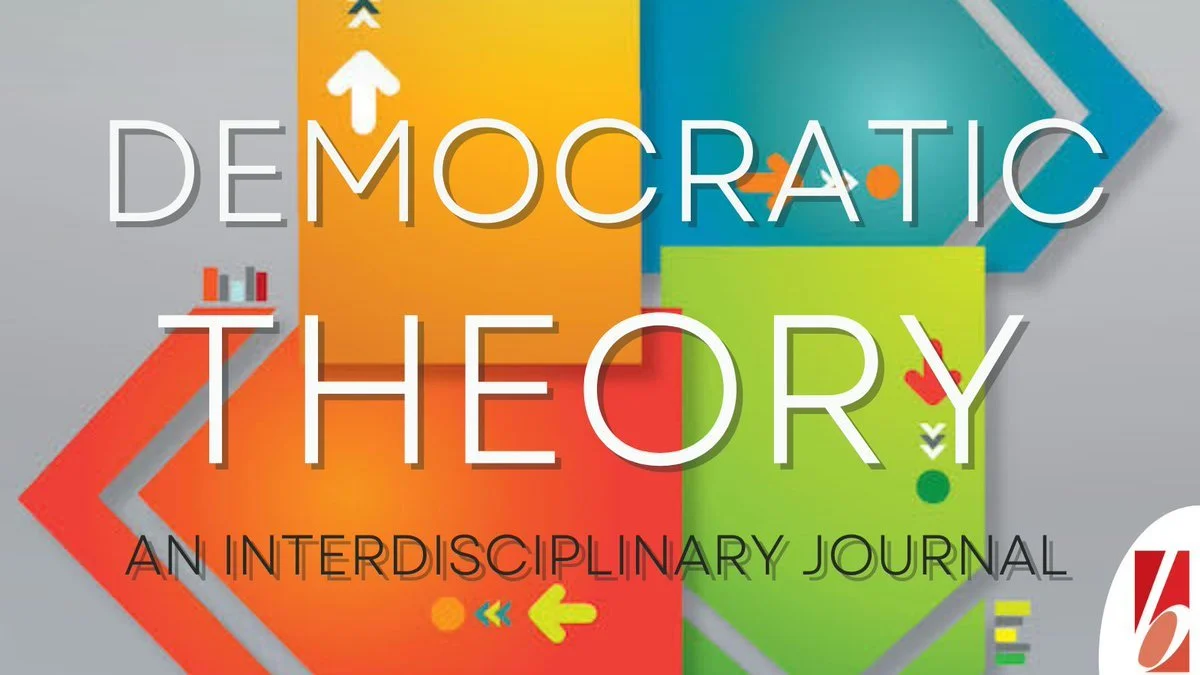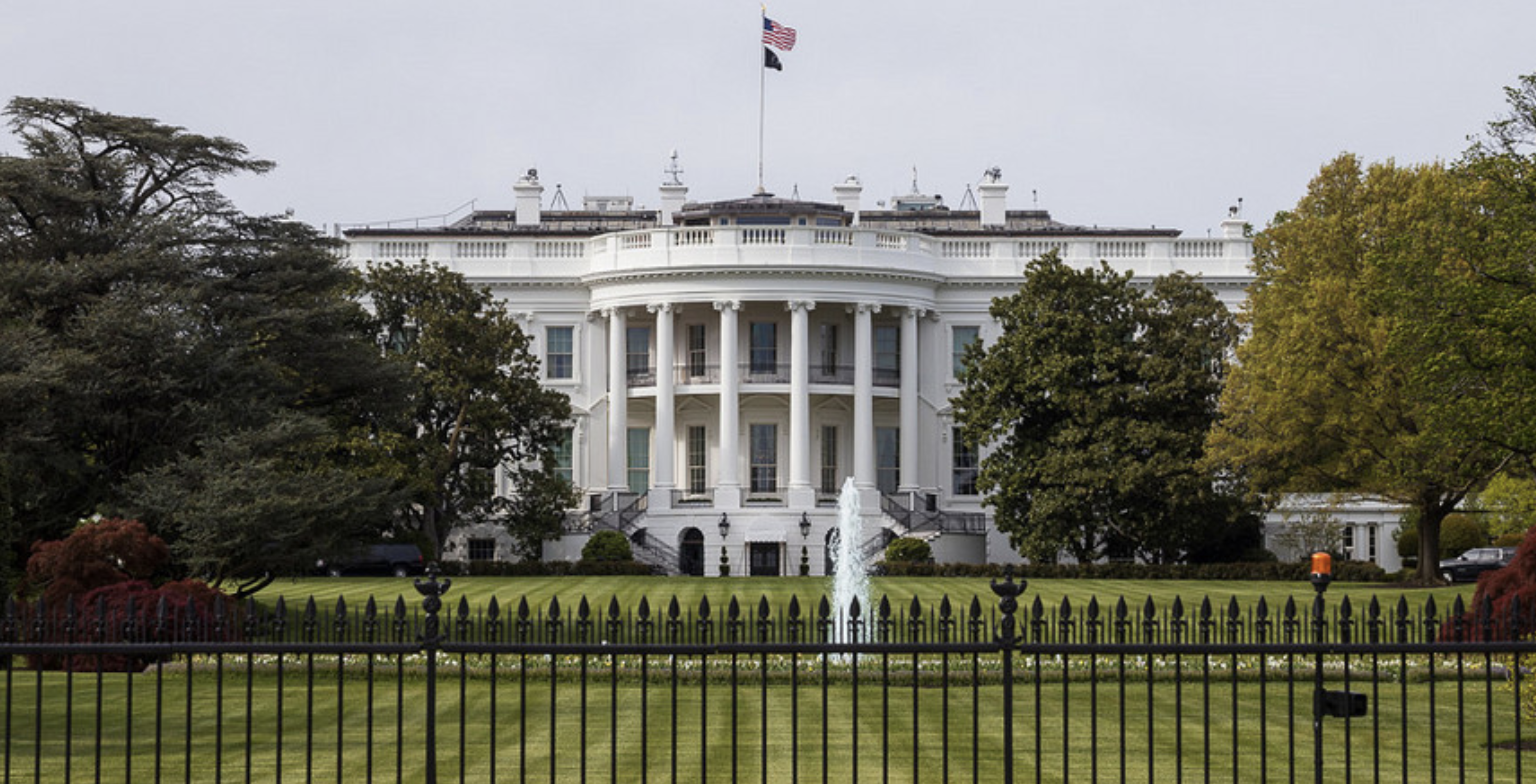Innovation for all of us
Professor Parthasarathy is engaged in multiple research projects to reimagine the innovation system to achieve much more expansive social benefit.
US innovation policies have traditionally served the public interest by expanding the scientific enterprise, including the workforce, and making new technologies available through the marketplace. But this approach has a few problems. Technologies may be inaccessible or unaffordable, and those that are available often do not serve the needs of—and sometimes even actively harm—those who are already disadvantaged.
The EMPOWER project
aims to serve the needs of local community partners and governments when it comes to emerging science and technology, from building AI based on community knowledge and needs to producing policy briefs and reports to empower communities to participate in public and policy discourse.
Conference on Technology in and for Society, Organization for Economic Cooperation and Development
December 6-7, 2021
• How can policy help incentivize and structure platforms for co-creation among relevant actors – such as knowledge producers, entrepreneurs, co-owners, research participants, etc. – and how can these platforms help produce just and inclusive transitions?
• What are the tools and mechanisms for involving more diverse actors earlier in the development of new technologies?
• What are some current experiments in promoting diversity in the development of emerging technologies?
Related Writing
-

Innovative Thinking Could Make New Sickle Cell Treatments More Accessible
Scientific American. May 22, 2024
-

Bringing Communities In, Achieving AI for All
Issues in Science and Technology, Summer 2024.
-

Can Innovation Serve the Public Good?
Boston Review, July 2023.
-

How to Be an Epistemic Trespasser
Historical Studies of the Natural Sciences, March 2022.
-

Innovation as a Force for Equity
Issues in Science and Technology. Winter 2022.
-

Health Innovation Policy for the People
The Next System Project. November 18, 2021
-

Innovation Policy, Structural Inequality, and COVID-19
Democratic Theory. 2020
Recent Interviews and Media






